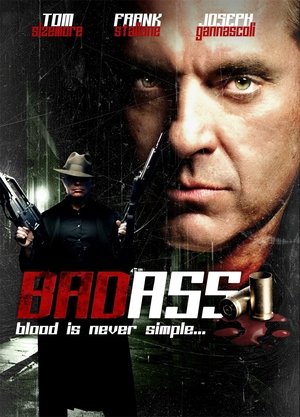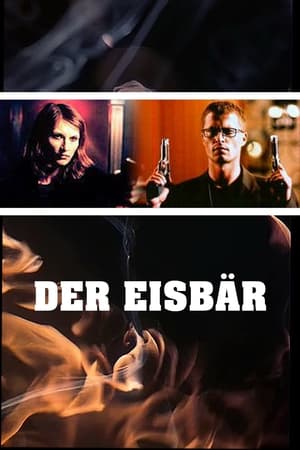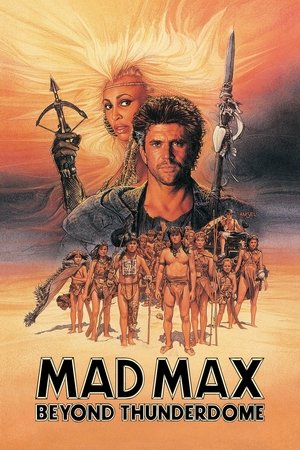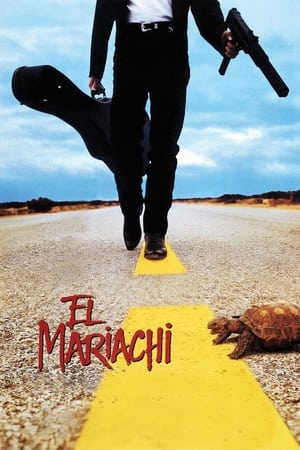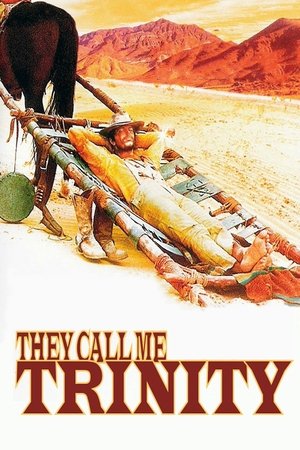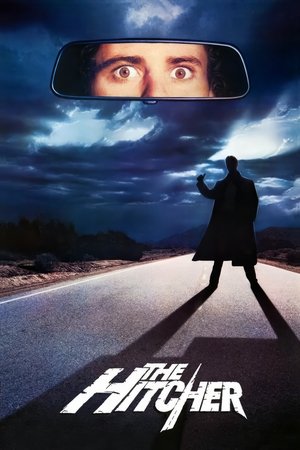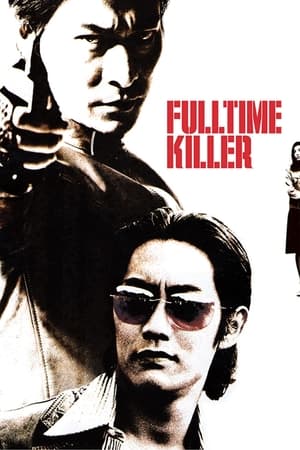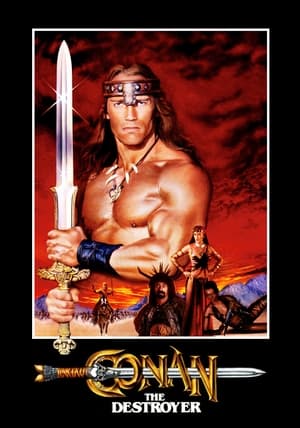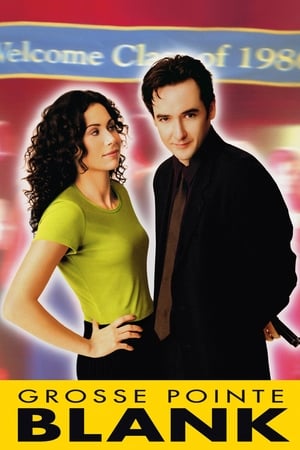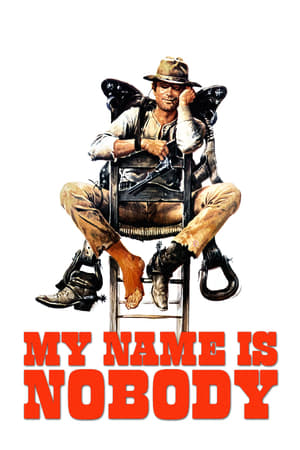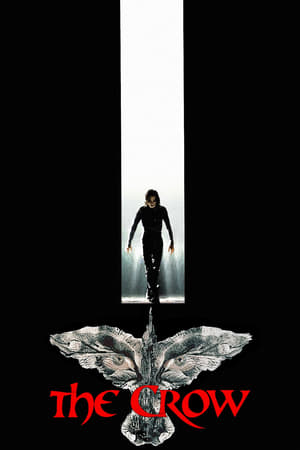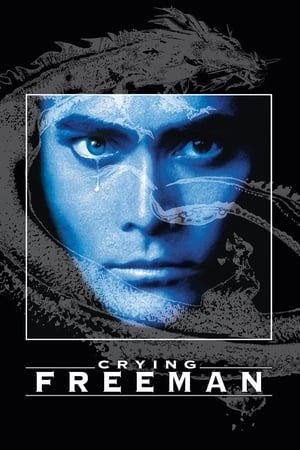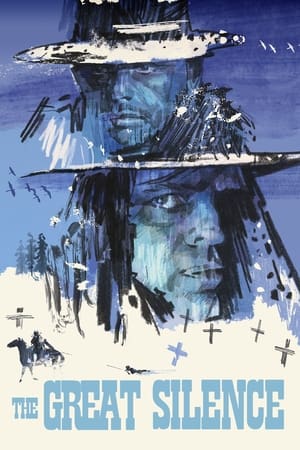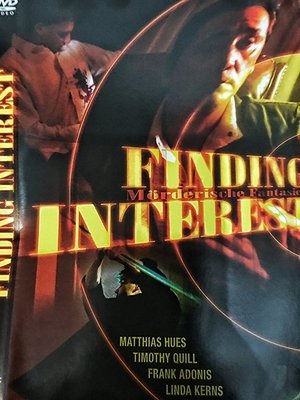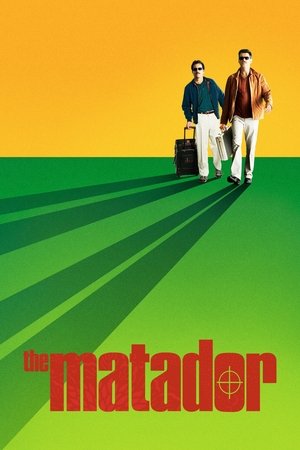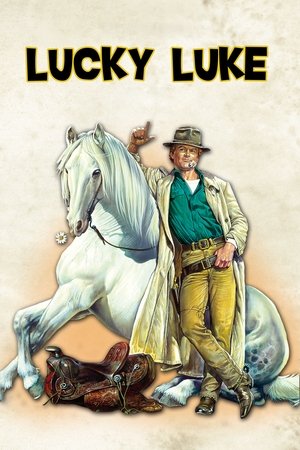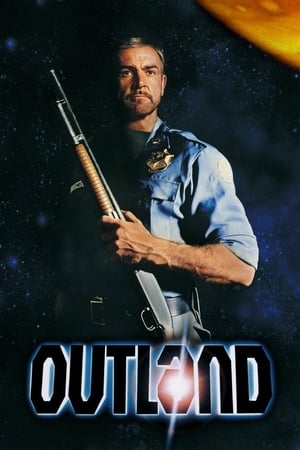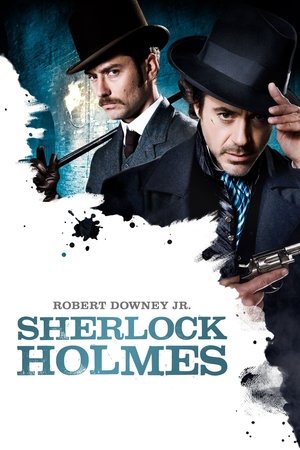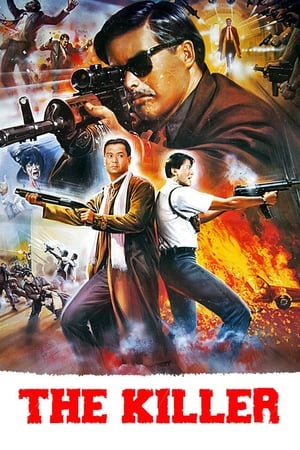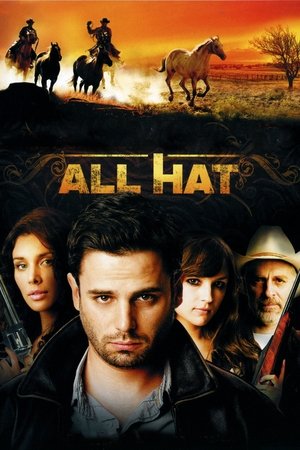Overview
A coffin-dragging gunslinger and a prostitute become embroiled in a bitter feud between a merciless masked clan and a band of Mexican revolutionaries.
Reviews
Django, you drag your coffin around, coffin around, coffin around.
Django is directed by Sergio Corbucci and it stars Franco Nero, José Bódalo, Loredana Nusciak, Ángel Álvarez and Eduardo Fajardo.
Django (Nero), dragging a coffin behind him, saves a woman from some bandits and soon finds himself in the middle of war between two factions - which he may be able to use to his advantage.
1966 was a stellar year for Spaghetti Westerns, Leone was putting the crown on his "Dollars" trilogy, Damiani produced a political firecracker and Sollima crafted one of the finest "manhunt" Oaters of this sub-genre. Then there is this, Django, a Pasta Western that is synonymous with the form.
I fought for the North!
Django is a treat, it's violent and cruel, funny and cheeky, and pleasing on the eyes and ears - so pretty much it contains all the best things that made the original wave of Spaghetti's so palatable. Undeniably it owes a "lot" to A Fistful of Dollars and Yojimbo, but it's still its own beast, a baroque Gothic piece of work that positively revels in nihilism. The graphic violence is wonderfully cartoonish, the iconography unbound, and in Nero - eyes likes chips of ice - the pic has one of the coolest and baddest men on the planet. Nusciak brings the sex and sizzle, coming off like a Spag Raquel Welch, whilst the villains are delightfully vile and scuzzy.
The setting is superb, a muddy cold hell of a town with a brothel as the fulcrum of the piece. Naturally there's a cemetery, which will play host to some of that iconography mentioned earlier. Religion gets short shrift, racial prejudice given a caustic once over, while it's worth mentioning there's more than a hint of social realism pulsing away as Corbucci brings the blood and thunder. OK! It's light in plotting, and it's not even Corbucci's best film, but the stylised violence, the visuals and a cracking soundtrack easily take you away from the fodder of the story.
It would spawn a multitude of rip-offs, name checks and influence a whole host of film makers, but this is the real deal. A Spag Western worth revisiting to see just when it was a sub-genre of quality, this before hundreds of poor band wagon jumpers began to soil the Spaghetti Western name. 8.5/10
***Cult Spaghetti Western with Django dragging his coffin***
A mysterious stranger dragging a coffin (Franco Nero) saves a prostitute named Maria (Loredana Nusciak) and waltzes into a neutral border town that services both a private militia of ex-Rebels led by Major Jackson (Eduardo Fajardo) and a small army of Mexican revolutionaries, led by General Hugo (José Bódalo). Meanwhile there’s gold to be had.
Released in 1966, “Django” (pronounced JANG-oh) is a cult Euro Western highlighted by its star and the typical cartoonish flourishes of the genre. Franco Nero and his Spaghetti Western lookalike, Terence Hill, represented the Euro-version of Clint Eastwood. To be expected, the characters are cardboard caricatures and there’s a lot of brutal violence that’s so sadistic and overdone it’s comical.
For instance, 15 men are dead by the 20 minute mark with 40 more shortly later in a machine gun bloodbath. A mere half hour later there’s a second machine gun assault lacking any artistic finesse whatsoever. It has to be seen to be believed and bespeaks of moviemaking for 13 year-olds.
Considering what’s in Django’s coffin, the way he drags it around isn’t practical for more than 100 yards. The manner he awkwardly slogs it about is especially incredulous during the gold theft sequence where, curiously, no one sees or hears him. _Why Sure!_
When do these events take place? The death date on Mercedes Zaro’s tombstone says 1889, which is substantiated by the use of the standard lever-action rifles and Django’s quasi-Maxim machine gun, pointing to no earlier than 1884.
Tarantino took elements of “Django” and other Spag Westerns to forge the outstanding “Django Unchained” (2012), which makes “Django” & most Euro Westerns of the 60s and early 70s pale by comparison. The title song by Luis Bacalov is good though and Nusciak is striking in an icy way.
The film runs 1 hour, 31 minutes (with censored versions running 3-4 minutes less) and was shot in Madrid, Spain, and Lazio, Italy.
GRADE: C
“Django, have you always been alone?” The song, written by Luis Bacalov and performed by Rocky Roberts, ponders, as an unknown man drags a coffin through the mud. That man is Django, a gunslinger who would go on to define a genre, and the protagonist of a gritty, violent and outrageously fun film. A man to respect, that is for sure.
Directed by Sergio Corbucci, the same artist responsible for classics such as Navajo Joe (1966) and The Great Silence (1968), the film is one of the most influential Spaghetti Westerns ever. It tells the story of Django (Franco Nero), a tragic hero with a mysterious background, who arrives at a town in war. Major Jackson (Eduardo Fajardo) and his men try to exterminate the Mexicans, who, led by General Rodriguez (José Bódalo) are trying to set up their revolution. In between the two sides is Nathaniel (Ángel Álvarez), the owner of the bar, hotel and bordello, who has to serve both sides.
A career-launching - and defining - performance by Franco Nero is one of the elements that make this flick a success. His character is defined by a constant feel of melancholy, to which Nero brings gravitas: while never losing his cool, especially through his steely and confident stares, Django is clearly portrayed as a haunted man. The supporting cast goes a long way in cementing the heavy tone of the film, especially Loredana Nusciak, giving a gutsy performance as a prostitute who falls for the titular character.
A notable part of this film’s magic are the action sequences. While extremely brutal for their time, including a man’s ear getting quite graphically severed, they are the absolute definition of “campy”. Instead of ruining it, it only makes the experience more enjoyable. The violence essentially gets a more humorous vibe, serving even as a relief from all the graveness that is present everywhere else in the movie.
The soundtrack is remarkable: not only does it present an unforgettable theme song for the opening, but it also has a spectacular use of the leitmotif (a recurring musical phrase).
Django is, in every possible way, a classic and standard bearer of its genre. Even with campy violent sequences for the public’s enjoyment, the film still maintains a serious storyline, and has great dramatic performances - especially by the central actor. As an answer to the question asked in the song, after gaining a huge legion of fans, it’s safe to say Django will no longer be alone.
Entertaining enough spaghetti western that isn't quite to the level of The Good, the Bad and the Ugly but still liked it quite a bit, including Franco Nero in the lead. Kind of blew its load early on with the machine gun massacre (would've liked the reveal of what was in the coffin at the end), but had a nice conclusion. **3.75/5**
Like many films of this time/genre you have to be prepared to accept the dodgy dubbing and also, in the case of "Django", some particularly ropey singing by Rocky Roberts in order to give it a chance. If you do that, then you will find it moves along well with lots of shoot 'em ups - a Gattling Gun with an inexhaustible supply of bullets being pre-eminent; glamorous, but totally helpless women and an evil, brooding baddie who has virtually no lines to speak. Oh, and there is a coffin too. Franco Nero - and his legendary blue eyes - delivers his best performance in this Corbucci gem of a film.

 93 min
93 min
 7.205
7.205
 1966
1966
 Italy
Italy
 John Chard wrote:
John Chard wrote: